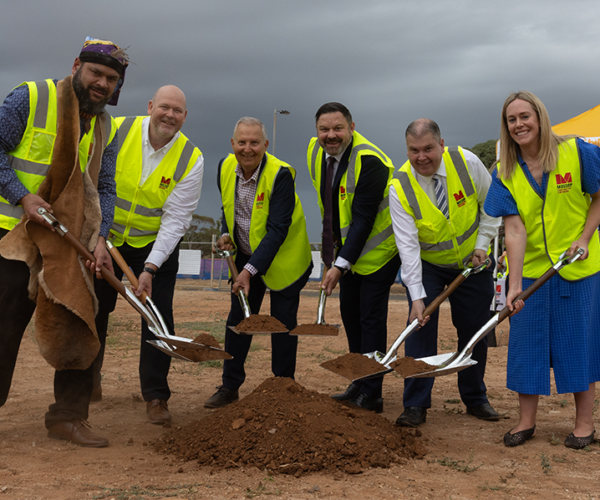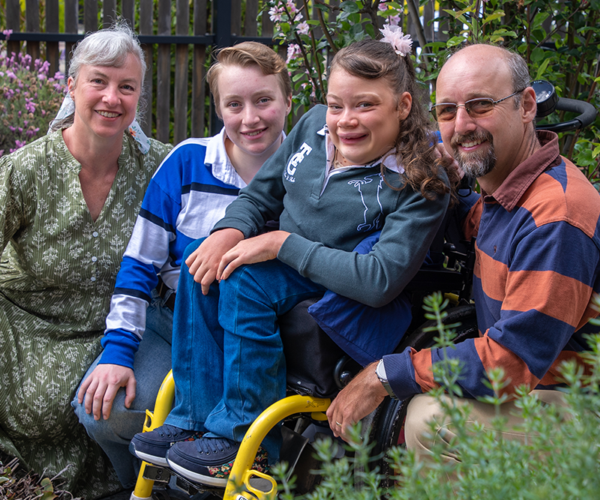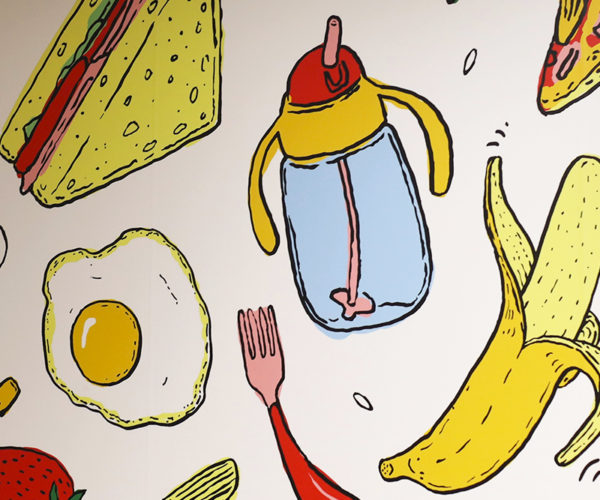In early April, as Australians were experiencing the first COVID-19 lockdown and cases were on the rise, the WCH Foundation announced it would support a local collaborative project to research the deadly virus.
The initial collaboration between South Australian virologists, immunologists, and clinicians, has since grown to a national partnership with Victoria’s Monash University and the Kirby Institute in New South Wales.
Eighty South Australians, who have recovered from COVID-19, have volunteered to be involved with their blood samples already collected. Teaming up with Monash and Kirby means local researchers have access to a larger patient pool including pregnant women and children. Interstate researchers have access to SA’s samples and technologies.

Professor Simon Barry, Dr Branka Grubor-Bauk from The University of Adelaide and Basil Hetzel Institute, and Associate Professor Michael Beard. Pictured in April at the announcement of the research.
To share the progress of the research, we’ve chatted with Immunologist, Professor Simon Barry, from the Women’s and Children’s Health Network, who is a lead researcher in the project.
What are you researching and how?
Importantly, the project group has expanded. However, the goal of the research remains the same – investigate the immune system of recovered COVID-19 patients to see exactly how the immune system recovers from the infection and test the robustness of immunological memory, so if they’re exposed to the virus again we can predict the severity of the disease earlier and treat more effectively. We also hope to gain insight into how this response can be boosted.
We take blood and saliva samples at 4, 8, 12 and 24 weeks after the patient has been infected with COVID-19 and challenge those blood samples with a mimic of the virus. This provides a snapshot of what their immune system looks like when exposed to the virus again at different times. The results show whether there is a response from the patient’s white blood cells (T-Cells). We are asking are they still able to fight the virus? Their antibody response is also investigated.
The project will involve patients for the next three years.
What are the results?
The results are in-line with those seen worldwide. The antibody quantity appears to go down over time.
For some patients their antibody level is staying level. We then look at what is it about this patient that meant their response stayed level.
This is where we are getting to the specifics of how the immune system sees the virus.
What are the next steps?
We are now poised to take apart South Australia’s immune response and relate it to severity of symptoms to see if it’s true that the people who had mild symptoms have the best antibody and T-Cell response. Or if it’s not about that at all.
In most cases children and young adults are asymptomatic. The younger age group is informing what the milder response looks like. If we can replicate that in the older age groups, they may not experience as severe symptoms in the future.
All of this work is improving the world’s understanding of COVID-19.
Professor Barry thanked the generous WCH Foundation community for enabling this important research project to take place.




